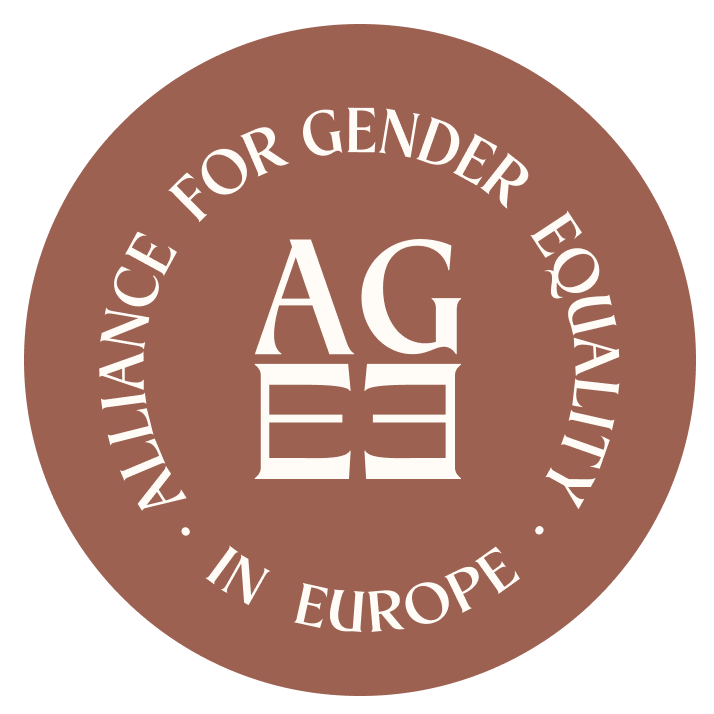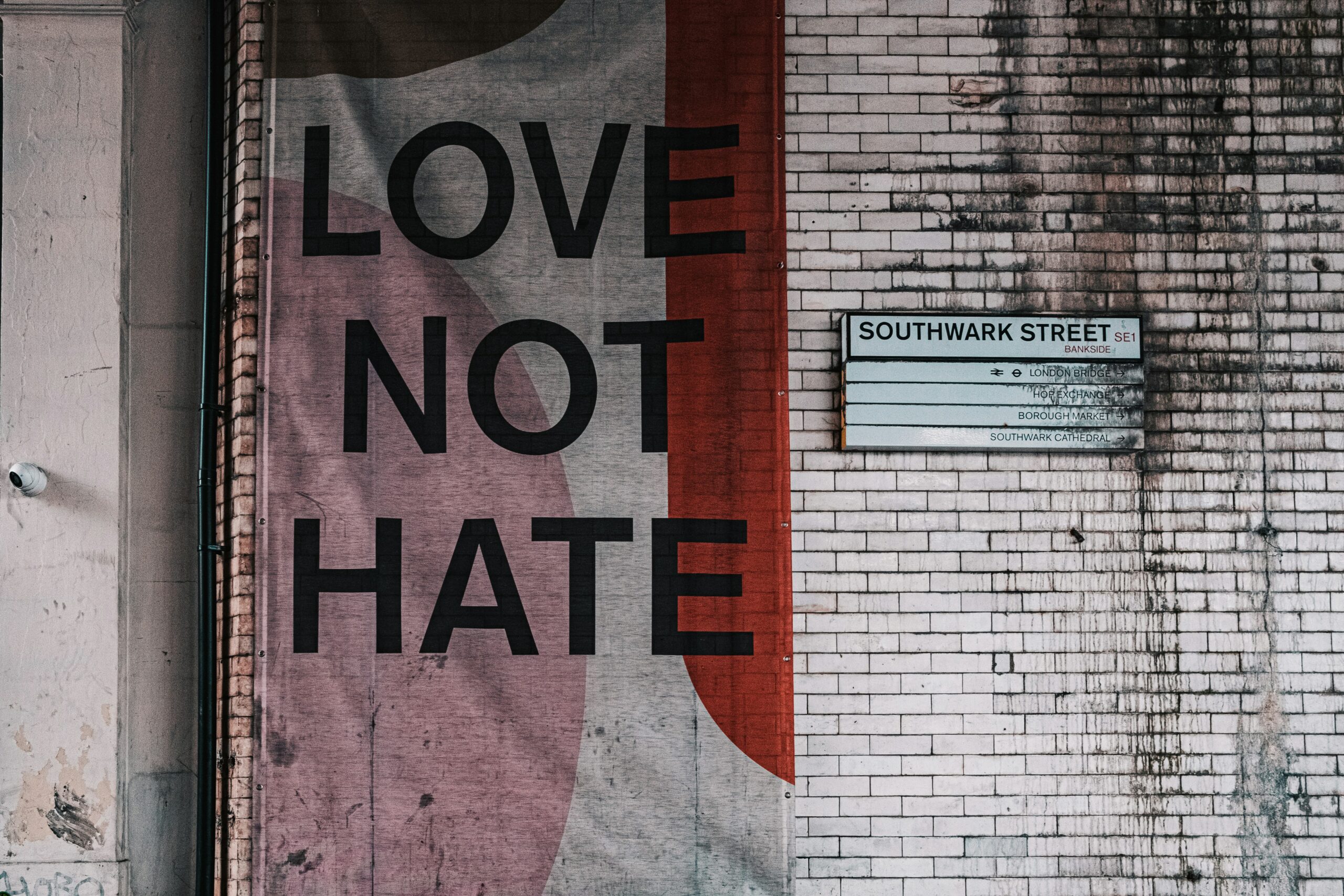This op-ed by Carli Keilholz, Associate Advisor at I.G. Advisors, and Nadège Lharaig, Senior Program Manager at the Alliance for Gender Equality in Europe, was published in Alliance Magazine.
Gender equality in Europe is in danger. As democratic institutions weaken and anti-gender ideologies gain continious ground, funding for anti-gender movements has surged across the continent from $22.2 million in 2009 to $96 million annually by 2018. Some of the largest funders are based in Germany, Spain, France, Italy, and Poland.
Meanwhile, positive progress has stagnated as discrimination and violence have remained pervasive. The gender gap in earnings is particularly large and continuing to grow; 43% of LGBTQIA+ individuals in Europe reported experiences of discrimination; and one in three women in the EU has been a victim of gender-based violence, whether in the workplace, public spaces, or at home. Adding to these challenges, the long-term impacts of the cost of living crisis, climate change, and new digital technologies on gender equality remain uncertain.
Progressive funding has failed to keep pace with this backlash and the needs of organisations tackling systemic barriers faced by women and gender minorities. Research shows that women’s and girls’ organisations in the UK receive just 1.8% of the total value of awarded grants. One third of these grants go to organisations with no actual focus on women and girls, and over half amount to less than £10,000 – barely enough to keep lifesaving services running.
Investing in gender equality is not just a moral imperative rooted in fundamental human rights; it is also a smart and strategic thing to do. Improving gender equality would lead to an additional 10.5 million jobs and an increase in the EU’s GDP per capita by 6.1% to 9.6%, equating to an economic boost of €1.95 and up to €3.15 trillion by 2050. A gender-equal Europe would be safer, healthier, more democratic, and offer greater opportunities for everyone to thrive.
Gender equality funding also brings significant social gains. It prevents violence against women and enables those affected to seek protection. When women and men participate equally in education, work and decision-making, they tend to have better health and longer life expectancy. Countries with greater gender equality have stronger democracies with fairer elections and more accountable institutions, both of which lead to a prospering civil society.
Experiences of gendered oppression are not uniform, but encompass multiple, intersecting forms of discrimination. This is why the fight for gender justice is intrinsically linked to broader struggles for racial justice, immigration justice and climate justice – all of which go hand in hand with creating a fairer society.
One thing is clear from these findings: Gender equality benefits everyone, not just women.
Despite these positive, society-wide impacts, organisations providing essential services, such as shelters for survivors of domestic violence, legal aid for women facing discrimination, and advocacy for equal pay—operate on inadequate budgets, limiting their impact. An analysis by the Alliance for Gender Equality in Europe of its applicant organisations revealed that a typical annual budget for a gender equality organisation is around €130.000, yet a quarter operate with €37.000 or less, while only a tiny number have very large budgets. Many groups have few or no paid staff and rely heavily on volunteers.
Photo by Samuel Regan-Asante on Unsplash

